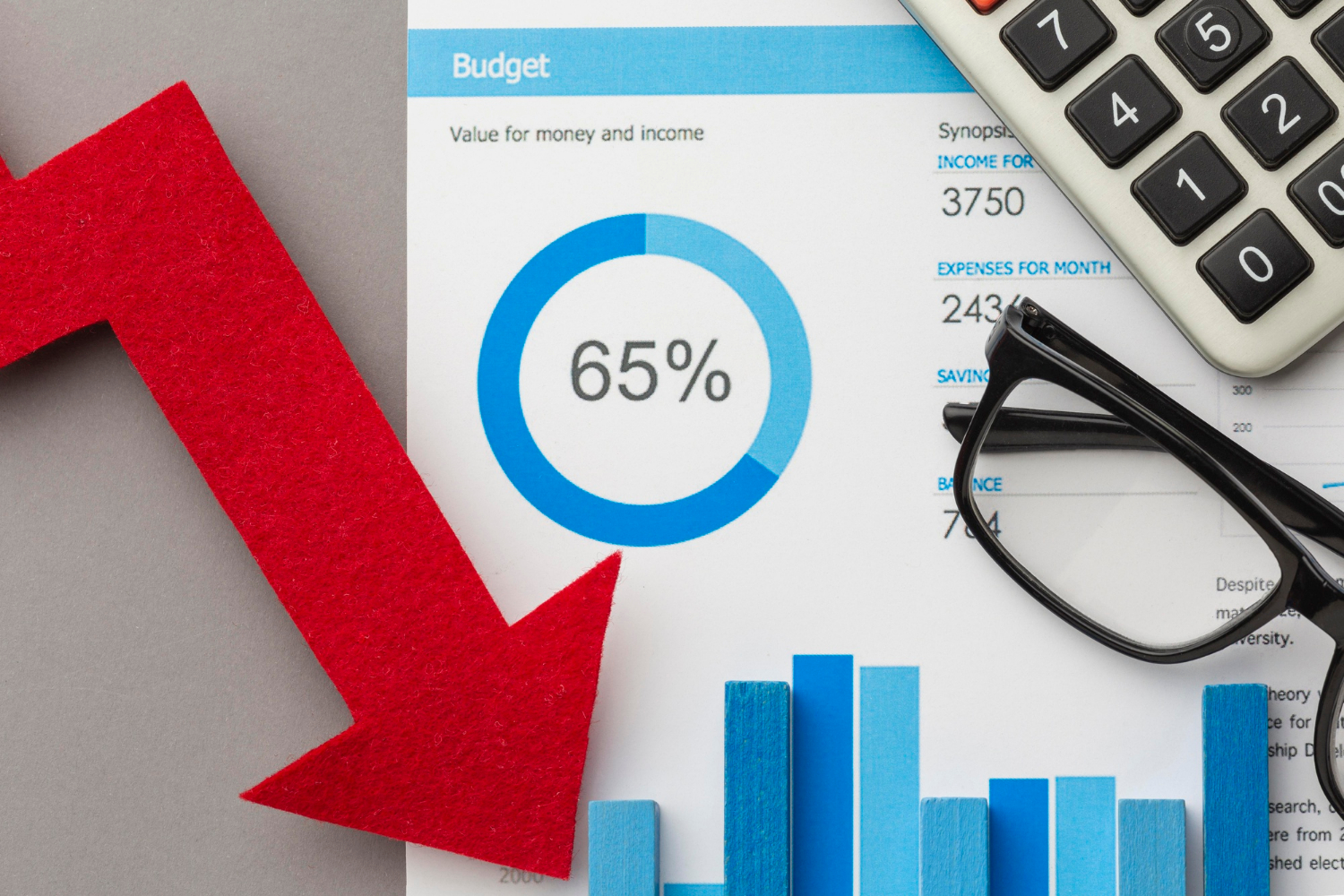Welcome, dear reader, to the wild and wacky world of depreciation! Yes, you heard it right. We’re about to embark on a journey through the financial jungle, where numbers are our compass and spreadsheets our map. So, fasten your seatbelts, put on your green eyeshades, and let’s dive into the thrilling realm of small business CPA (Certified Public Accountant) depreciation!
Depreciation, in the simplest of terms, is like that old pair of jeans you bought five years ago. They were shiny and new back then, but now they’re faded and worn out. Similarly, assets in your business lose value over time, and that’s what we call depreciation. But don’t worry, it’s not as gloomy as it sounds. In fact, it’s a magical concept that can help you save money on your taxes. Yes, you read that right! Now, who’s laughing at depreciation, huh?
Understanding Depreciation
Depreciation, my friends, is not just a fancy word that accountants throw around to sound smart. It’s a fundamental concept in accounting that reflects the gradual wear and tear of assets. Think of it as the aging process of your business assets. Just like fine wine, they mature and age, but unlike wine, they don’t get better with age. They lose value. Sad, but true.

Now, you might be wondering why on earth you need to calculate depreciation. Well, it’s because the taxman wants to know! Depreciation is a deductible expense, which means it can reduce your taxable income. And less taxable income means less tax. So, in a way, depreciation is like your secret weapon against the taxman. Use it wisely!
The Magic of Depreciation
Depreciation is like the magician’s hat of the accounting world. It’s where all the magic happens. When you buy an asset, you can’t deduct the entire cost in the year you buy it. Instead, you spread the cost over the asset’s useful life. This spreading of cost is what we call depreciation. And the best part? It reduces your taxable income each year. Abracadabra!
But wait, there’s more! Depreciation also helps you reflect the true cost of using an asset in your financial statements. It’s like looking at your business through a crystal ball. It gives you a clearer picture of your business’s financial health. So, depreciation is not just a tax-saving tool, it’s also a financial management tool. Double whammy!
The Art of Calculating Depreciation
Calculating depreciation is like baking a cake. You need the right ingredients and the right recipe. The ingredients are the cost of the asset, the asset’s useful life, and the asset’s salvage value. The recipe is the depreciation method. Mix them all together, and voila, you have your depreciation expense!
But remember, just like baking, calculating depreciation requires precision and accuracy. One wrong move and your depreciation expense could end up like a burnt cake. And trust me, no one likes a burnt cake, especially not the taxman!
Choosing the Right Depreciation Method
Choosing the right depreciation method is like choosing the right outfit for a party. You need to consider the nature of the asset, the pattern of its use, and the financial reporting requirements. The most common methods are straight-line, declining balance, and units of production. Each has its own charm and quirks, just like party outfits!
The straight-line method is like the classic little black dress. It’s simple, elegant, and always appropriate. The declining balance method is like a flashy sequin dress. It’s bold, dramatic, and makes a big statement in the early years. The units of production method is like a custom-tailored suit. It’s precise, meticulous, and based on the actual use of the asset. Choose wisely, my friends!
Depreciation and Tax Planning
Depreciation is like the secret sauce in your tax planning recipe. It can add flavor to your financial statements and spice up your tax savings. But remember, with great power comes great responsibility. You need to use depreciation wisely and ethically. No funny business, folks!
Depreciation can help you smooth out your taxable income over the years. It’s like a financial cushion that absorbs the shock of large asset purchases. So, don’t underestimate the power of depreciation. It’s not just a boring accounting concept, it’s a powerful business tool. Embrace it, master it, and watch your business thrive!
Depreciation: The Unsung Hero of Small Business Accounting
Depreciation might not be the most glamorous topic in the world of accounting, but it’s definitely one of the most important. It’s like the unsung hero of small business accounting. It works silently in the background, helping you save money on taxes and giving you a clearer picture of your business’s financial health.
So, next time you think about depreciation, don’t think of it as a boring, complex accounting concept. Think of it as your business’s best friend, your secret weapon against the taxman, and your guide to financial success. And remember, in the world of accounting, depreciation is king!
Conclusion
And there you have it, folks! A hilarious, comprehensive, and hopefully enlightening journey through the world of depreciation. Who knew accounting could be so much fun, right? So, the next time you’re faced with a depreciation calculation, don’t panic. Just remember our journey together and tackle it with confidence and a smile. After all, accounting is not just about numbers, it’s about understanding the story behind the numbers. And what a thrilling story it is!
So, keep laughing, keep learning, and keep appreciating the magic of depreciation. Because in the end, it’s not just about saving money on taxes, it’s about understanding your business better and making smarter financial decisions. And that, my friends, is the true beauty of depreciation. Happy accounting!


